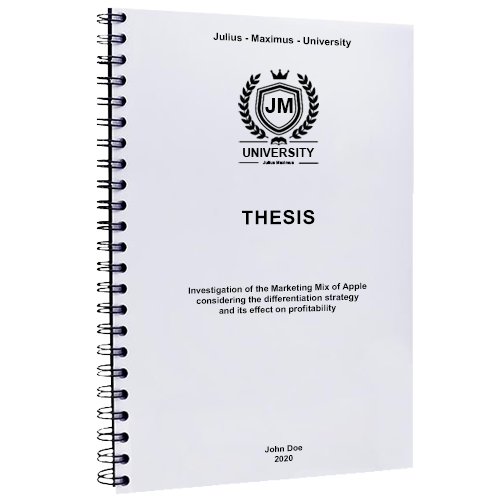Life after 2020 and before the pandemic are vastly different. The post-pandemic technological boom has changed the way we go about our everyday lives. Even something as mundane as grocery shopping has now moved online, and you can have supplies delivered to your house.

However, one of the starkest examples of technological change is visible in the education system. Ask any student, and they will tell you that the learning process is nothing like what it was before the pandemic. Though there may be mixed opinions related to the switch, the benefits are undeniable. One of these advantages is the new skills students are developing with online learning.
With that said, here are seven critical skills you can develop through online education.
Adaptability
After spending years in the traditional school system, coming to terms with online learning was taxing at the very least. Students had to adjust to an entirely foreign system and had to make the most out of it.
The sheer adaptability which this technological change instills in students could last them a lifetime. It gives them a glimpse of what it’s like to step out of their comfort zones and expose themselves to unfamiliar environments.
The adaptability which online education has taught them could help them make the best of an adverse situation. This trait could immensely benefit students in their professional life.
Technological Skills
Whether you’re enrolled in an English program or an online masters homeland security, online education teaches students technological skills.
Students spend countless hours behind a screen, and this allows them to hone technical skills. Especially for people who previously had little to no experience with technology, access to online learning and even viewing a comptia security+ study guide can close the gap quickly. Students know that they have to adapt fast, and the majority of them do.
Improved Writing Ability
The prevalence of written assignments in the education system has increased drastically. Teachers have to gauge whether students are absorbing the content. As online exams are only used as a last resort, most teachers assign written assignments instead.
It is an excellent way for students to develop and project their writing skills. The writing skills which they learn now are likely to aid in research and report writing. Moreover, the ability to communicate through written means effectively is a trait that will almost always benefit you in your professional life.
Communication Skills
As facial expressions, gestures, and body language dramatically help communicate, things can become complicated in their absence.
The online system encourages students to deliver concise and precise messages using efficient communication skills. Though video cameras may capture said non-verbal cues, it’s just not the same as real life. It may seem trivial, but the students who have been through the online system are likely to have better verbal communicative skills. Online learning encourages collaboration and fosters interaction among students and teachers.
Encourages Independence
Classrooms promote somewhat of a group learning environment. The majority of students depend on one another to help them out during class assignments.
However, when studying online, students have to be considerably more focused on the lecture. They have to convey presentations on their own, enabling them to master independence. However, many academicians believe that interdependence is also beneficial.
Organization and Timeliness
As we mentioned earlier, online education involves a considerable amount of assignment-based learning. Students have to research, write and submit their assignments in a given time. As several subjects would have overlapping deadlines, students are encouraged to focus on immediate tasks. Sifting and sorting on a priority basis and meeting deadlines is a necessary skill needed for everyday life.
The online education system instills this skill in students and reinforces it throughout the degree. Organization and deadline achievement help in professional settings and are necessary skills that we must practice in everyday life.
Personal Management
The workload of online learning is considerably higher than that of traditional education. Students might develop a sense of fatigue and may feel overworked at times. Students need to be well aware of their capabilities and not ‘bite off more than they can chew.’ Overcommitting reflects poorly on your work and takes a toll on your physical and mental health.
Online education gives the student a chance to determine their own pace and set it accordingly. It’s a factor that can benefit them in all walks of life—ranging from household management to professional commitments.
Conclusion
The mixed reactions to the online educative system are understandable. Some people cannot deal with such a system, proving to be more challenging for others. However, as our society delves further into uncertainty, access to online education is one way to ensure that learning never stops. The skills learned through online learning could help you in your work life and set the pace for an illustrious career. It’s up to you how you make the best of an uncertain global situation.


